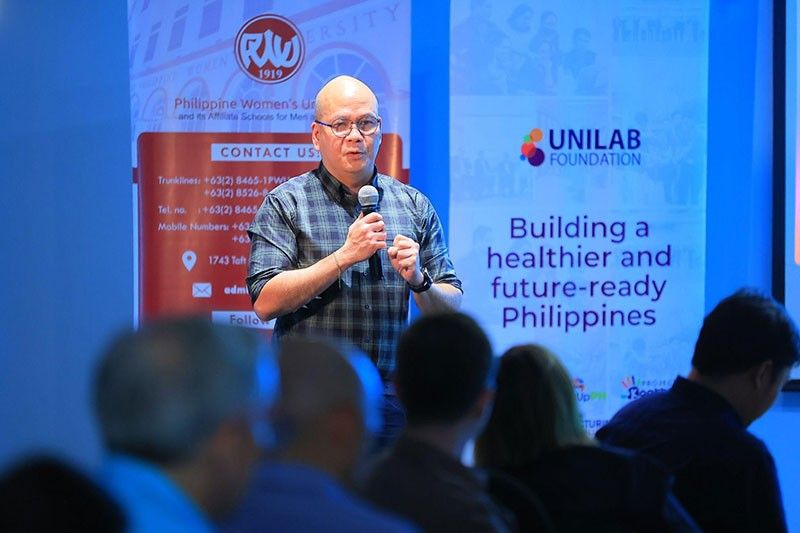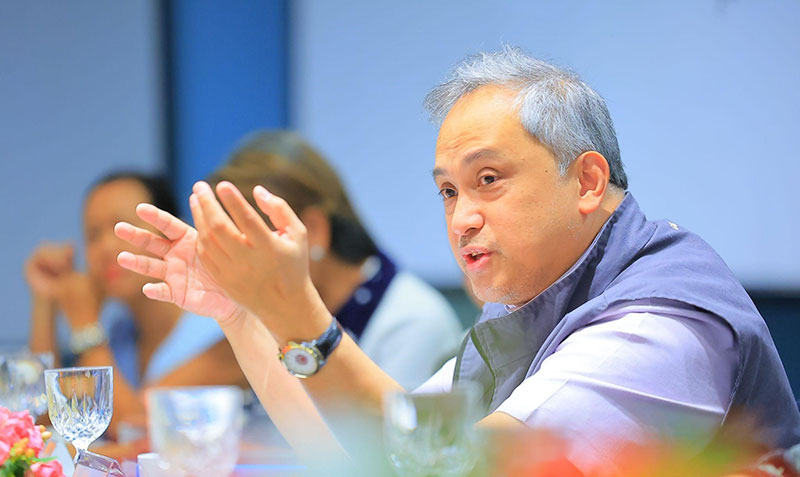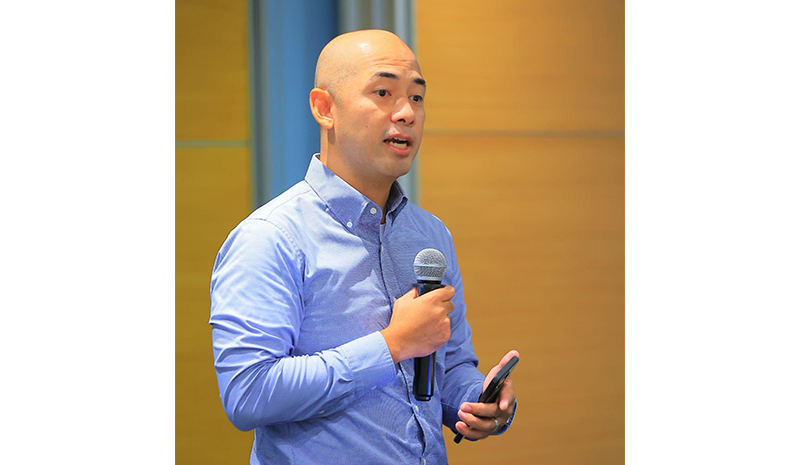Unilab Foundation explores academic partnership with Philippine Women’s University

MANILA, Philippines — Education, at its best, is more than just a pathway to personal success; it is the blueprint for a healthier, future-ready nation.
With a functional and efficient education system in place, the Philippines would have the power to produce a health-care workforce that is not only skilled enough to meet the country’s evolving health needs, but also deeply committed to the mission of serving the Filipino people.
Ultimately, the goals of Universal Health Care (UHC) would be within reach if a collaborative approach to investing in education is deemed a worthwhile and undeniable priority.
Acknowledging the critical connection between education and the health industry, Unilab Foundation (ULF) leads the conversations on this intersection by exploring an academic partnership with the Philippine Women’s University (PWU). ULF and PWU discussed avenues for cross-border collaboration on programs and local research studies aimed at integrating academe with industry.
“Our model focuses on partnering with existing colleges and universities to ensure that industry is not only linked but integrated with the academe,” said Unilab Foundation executive director Jose Maria Ochave.
“I was pleasantly surprised by the number of PWU’s health care-related courses, which is perfect for developing our Human Resources for Health.”
Among PWU’s health sciences programs are Medical Technology, Nursing, Pharmacy, and Nutrition and Dietetics.
In addition, the university offers a diverse range of programs in Arts and Sciences, Business, Music, and Fine Arts and Design.
Ochave adds that as the country advances toward UHC, there is potential for PWU, in collaboration with the Unilab Foundation, to play a significant role in capacitating global health personnel and officials.

Surfacing the Human Resources for Health gaps
The Philippine health-care sector faces significant and longstanding gaps in its Human Resources for Health. Recently, Health Secretary Ted Herbosa highlighted a shortage of 190,000 nurses in the country. This issue is compounded by high attrition rates and low licensure exam passing rates among students, indicating problems with education and production. Furthermore, many Filipino health care workers opt to migrate and provide health services abroad.
Dr. Kenneth Hartigan-Go, director of the Unilab Foundation’s Health Sector Skills Council (HSSC) project, identifies a number of factors contributing to these issues. “There is a strong information asymmetry regarding where to find jobs,” he notes.
Hartigan-Go emphasized the importance of a whole-of-society approach and the urgent need for collaboration between the education and health sectors to curb the persistent decline of essential health workers in the country.
“We respect individual needs, but we are building a nation. We need to find a better way to manage this,” he adds.
“There’s a provision in the Universal Health Care Law requiring the DOH to develop a Health Human Resource Master Plan, which encompasses scholarships and training programs,” said Unilab Center for Health Policy (UCHP) program director Ruben Basa.
However, Basa acknowledges that there is still a long way to go in addressing HRH issues. The lack of health care workers in the country remains a significant barrier to achieving the goals of UHC.
Academia as key partners in health
The challenges faced within the health-care sector, particularly concerning the workforce, are profoundly felt within the academe. Educational institutions grapple with producing a steady stream of competent and well-prepared health-care professionals amid a backdrop of limited resources and evolving demands.
Discrepancies between academic training and real-world application also bring attention to the need to review educational curricula’s alignment with the practical needs of the health care system.
PWU, with its focus on the holistic development of students and preparing them for their careers, recognizes this need and is already making significant efforts. For instance, they immerse their students, particularly in health courses, in community settings to expose them to practical experience.
Additionally, they advocate for versatility in their students’ skills, as demonstrated by their strategic clustering of competencies in their Nursing program.
With this alignment and mutual focus on strengthening the health-care workforce, the Unilab Foundation and PWU are engaging in discussions and exploring potential collaboration opportunities.
“Especially after the pandemic, we realized that collaboration is truly key to fostering and building upon the individual strengths of institutions,” expressed Marco Benitez, president of PWU.
“We can start with two or three concrete outputs in areas such as career opportunities, career placements, internships or joint programs that address industry or skills gaps in health science professions, or opportunities for research in partnership with the Unilab Foundation. This approach would be a significant step forward.”
Furthermore, PWU is receptive to the proposal that the university can serve as a laboratory for some of ULF’s new ideas and upcoming projects. After pilot testing, these initiatives could potentially be rolled out to other areas and institutions as well.

Collaborative investment in health education
When it comes to advancing health services, there is still much work to be done. It is imperative that institutions with aligned goals for Philippine health care work together as soon as possible.
Collaboration allows each organization to contribute uniquely and marks the first step toward moving beyond working in isolation, particularly in the academe and the health industry. This approach promises a better future for human resources in health care and opens up an array of possibilities.
“Health services are multifaceted. There are many aspects we can explore to enhance the quality of health services provided to the community,” said PWU chancellor Dr. Felina Young.
Therefore, the time to invest in the health education system is now. By driving conversations and forming partnerships, we can pave the way for a healthier and future-ready Philippines.
Editor’s Note: This press release is sponsored by Unilab. It is published by the Advertising Content Team that is independent from our Editorial Newsroom.




















